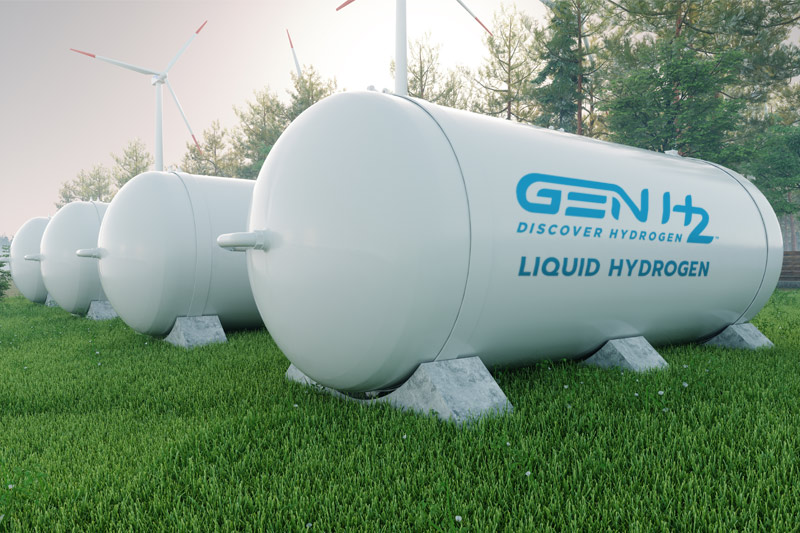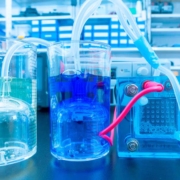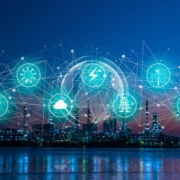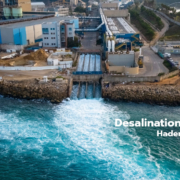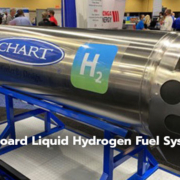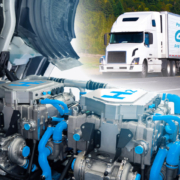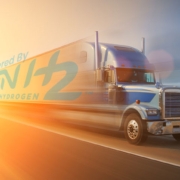Advancing LH2 With Refrigerated Storage
By: GenH2 Staff
Read Time: 2 minutes
As hydrogen moves into the spotlight as the clean energy carrier of the future, its added benefits of increased energy density and purity when liquefied are also being noticed. But in order to utilize the full potential of liquid hydrogen’s (LH2) benefits, efficient methods of storing and distributing LH2 are needed. Due to its cryogenic temperatures, LH2 needs to be stored in a specialized system that prevents boiloff in order to preserve its energy. Refrigeration is one of the most influential advancements in the liquid hydrogen economy. Refrigeration and specifically controlled cryogenic refrigeration, are important to LH2’s continued implementation of this valuable energy carrier.
The cryogenic temperatures of liquid hydrogen require it to be properly maintained for transport and long-term storage. To accomplish this, an intricate system with a refrigeration system that keeps it in a liquid phase, energy-dense, and manageable, is necessary to indefinitely store liquid hydrogen and ensure its longevity. Controlled refrigeration storage systems provide the ideal solution for the long-term storage and transfer of liquid hydrogen. As its name implies, this system acts similarly to a refrigerator but on a much colder scale, constantly removing heat from its interior to provide long-term zero-loss LH2 storage. Incorporating zero-loss into these storage systems allows for the liquid hydrogen to remain completely managed, which saves costs while preserving energy.
LH2 evaporates to gas under normal conditions when exposed to ambient conditions, meaning the storage system environment must be designed to control its stability by avoiding boiloff and maintaining zero-loss. Being zero-loss is an essential quality for GenH2’s LH2 controlled storage systems, as they prevent energy loss. GenH2 accomplishes zero-loss through Controlled and Smart refrigeration approaches which adjust their internal temperatures and pressures to match the ideal environment in which LH2 can exist as a liquid. Smart Refrigerated Storage systems alter their interior conditions using advanced insulation and active refrigeration systems that allow the user to have complete control over the contained liquid hydrogen at all times.
Many proposals for LH2 transportation and distribution methods incorporate zero-loss storage into their plans, with an example being a national truck-based system mentioned in the Unite the Grid with Liquid Hydrogen blog post. Incorporating zero-loss LH2 storage systems into evolving hydrogen infrastructure will allow for enhanced hydrogen longevity and provide the ultimate energy carrier with a worthy vessel for its distribution.
GenH2’s mission is to create infrastructure solutions for the liquid hydrogen value chain, focusing on the liquefaction and controlled refrigeration storage of hydrogen, and to accelerate widescale infrastructure rollout including the development of zero-loss liquid hydrogen transfer technologies. To learn more about up-and-coming LH2 storage technologies, see our blog post outlining Onboard Liquid Hydrogen!
